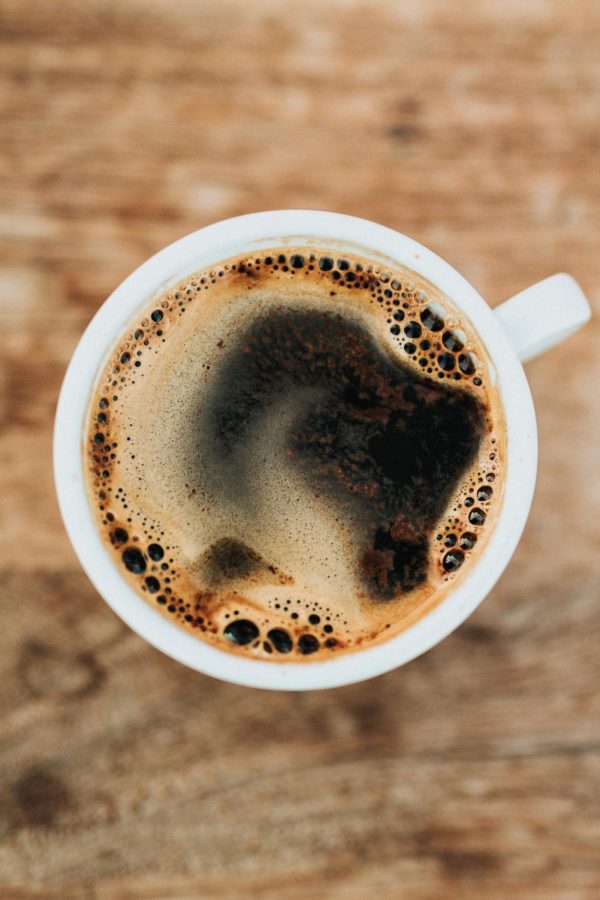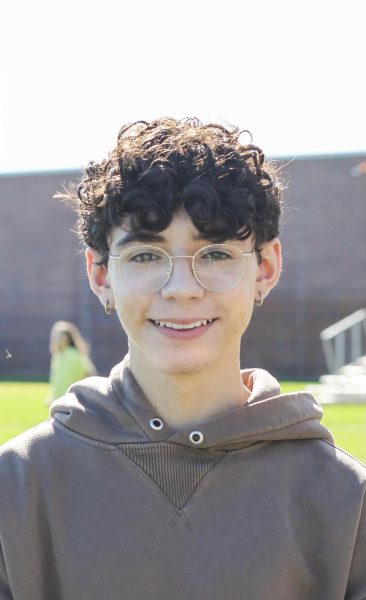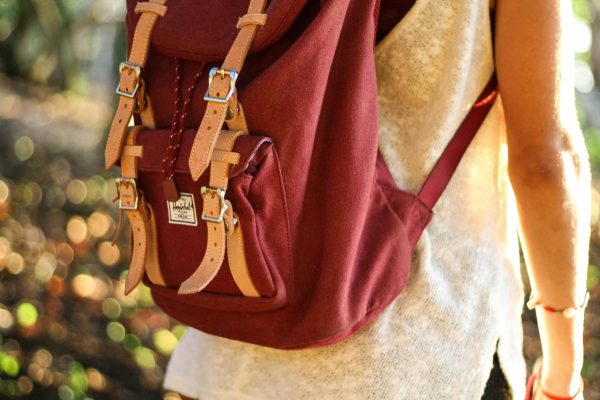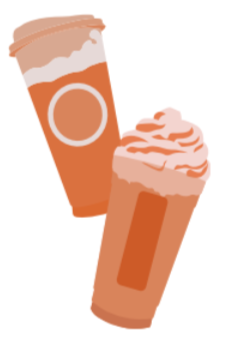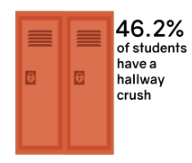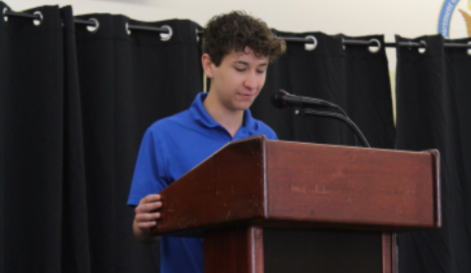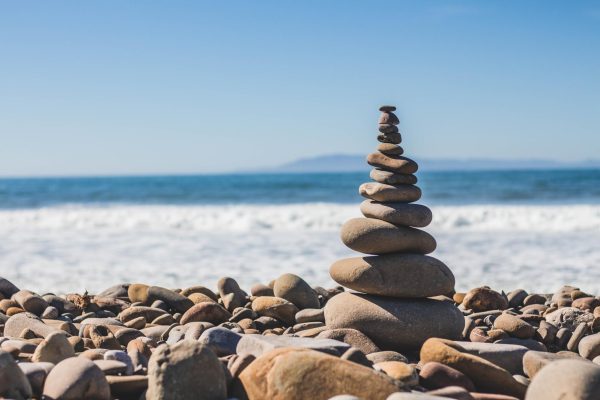A monster of a problem: CHS substitutes caffeine for sleep
UNSPLASH PHOTO COURTESY OF Nathan Dumlao
Many CHS students rely on coffee for an extra boost of energy, while being mindful of its negative effects. https://unsplash.com/license
May 20, 2022
Drinking coffee in the morning is the typical start to many CHS students’ days. Although this daily cup of coffee or energy drink can provide a well-needed energy boost for students to make it through the day, it can also bring about unintended effects on students’ mental and physical health.
According to WebMD, the caffeine found in coffee and other drinks helps increase the brain’s activity throughout the day, helping people stay awake and alert. These factors make caffeinated drinks a popular choice among students when it comes to studying or when looking for an extra boost in the morning.
Freshman Christie DeNicola of Tinton Falls, a self-proclaimed avid coffee consumer, explains the benefits she receives from coffee.
“When I’m feeling really tired and feel as if there isn’t enough time in the day for everything, caffeine gives me that extra energy to do everything,” DeNicola said.
Although students like DeNicola see coffee as a valuable source of energy, studies carried out by Healthline have shown that when more than four cups of coffee are consumed, it can have negative effects on one’s mental and physical health. Moreover, the FDA has linked coffee to anxiety, jitteriness and an increase in stress when consumed frequently.
Sophomore Lillian Fischer of Rumson tends to shy away from coffee due to these reasons.
“I find drinking coffee before school makes me more stressed out and shaky,” Fischer said. “I prefer to deal with stress through other ways rather than drinking coffee.”
Though some students like Fischer attempt to avoid coffee, others have grown reliant on it and its effects. Senior Mackenzie Carey of Little Silver found that when she went without coffee she would experience negative side effects.
“I stopped drinking coffee so much because having it so often made me dependent and I would get headaches without it in the morning,” Carey said.
Although caffeine and its effects vary based on both the consumer and quantity, sophomore Ronit Khromchenko of Manalapan believes that there should be a balance, and one should not solely rely on caffeine.
“If I stay up late and need some energy, I’ll drink coffee,” Khromchenko said. “However, I don’t want to get addicted to it and rely on it.”
Guidance counselor Melanie Sambataro echoes this sentiment. Alternatively, she suggests that students should practice other ways to deal with stress.
“I don’t think it’s a good idea to rely on caffeine,” Sambataro said. “I think it’s a better idea to try and let your body and mind rest.”
Although it may be challenging to incorporate activities that help your mental and physical health into a daily routine, Sambataro emphasizes that it’s important to keep a healthy balance.
“I do think that it’s very important to keep your health in mind and keep a balance of work and play,” Sambataro said.



